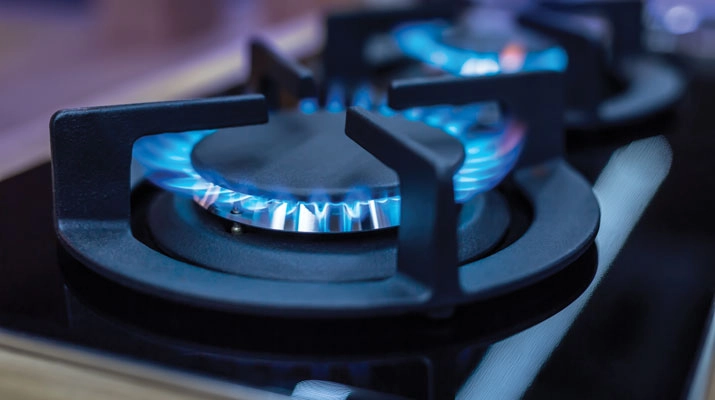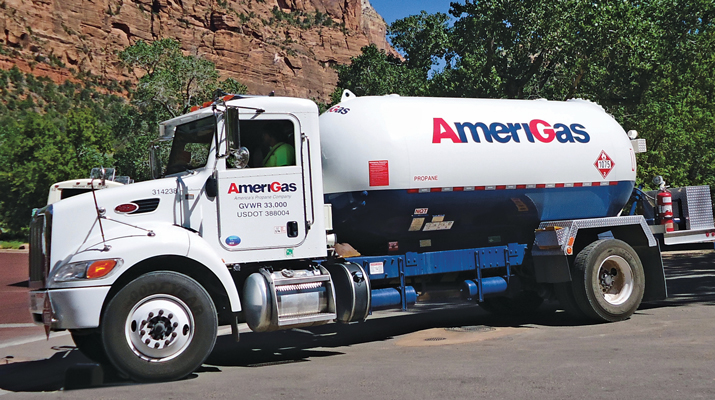NTSB recommends expansion of gas detector use
In 2023, there was an industrial explosion in the northeast United States that resulted in several deaths and personal injuries, as well as tens of millions of dollars in property damage at a manufacturing facility.

The National Transportation Safety Board (NTSB) investigated this incident and recently issued a report exceeding 100 pages. It sent its recommendations to every governor in the United States, the Occupational Safety and Health Administration, the Pipeline and Hazardous Materials Safety Administration, the American Gas Association, the National Fire Protection Association (specifically NFPA 54, the National Fuel Gas Code), the American Petroleum Institute and others.
The NTSB concluded that the gas leak in this case was caused by excessive heat being emitted in the direct vicinity of plastic piping that caused degradation of that piping over time. The board is recommending the implementation of robust procedures to better assess hazards that are present where plastic pipe is being installed.
Several workers from the factory who were interviewed following the explosion recalled smelling some presence of gas but did nothing to investigate the smell. As a result, one of the recommendations made by the NTSB was to provide better training to employees in commercial and industrial settings on what to do when they smell gas.
The most salient recommendation from the NTSB concerning the propane industry is that NFPA 54 and the International Fuel Gas Code be amended to mandate gas detectors (residential, commercial, industrial, etc.). One or both versions of these two codes have been adopted in all 50 states.
The NTSB recommends that NFPA 54 and the International Fuel Gas Code adopt by reference the standards for fuel gas detectors found in NFPA 715, the Standard for the Installation of Fuel Gases Detection and Warning Equipment. This standard was first published by the NFPA in 2023. It sets forth the requirements for selection, design, application, installation, location, performance, periodic inspection, testing and maintenance of fuel gas detection and warning equipment in all buildings.
Very few states or municipalities have adopted laws requiring gas detectors. At present, Maine and New York City have a requirement that gas detectors be installed in both commercial and residential buildings. Several states have laws pending that would require the installation of gas detectors in buildings, including Illinois, Massachusetts, New Jersey, North Carolina, Tennessee and Connecticut. Each of the laws requires the building owner to install a gas detector or detectors.
Laws requiring gas detectors have typically been passed following a tragic explosion that resulted in death and serious injuries. Maine adopted its law following a tragic explosion in Farmington, Maine, in 2019 that caused one death and several personal injuries. New York City adopted its law following a series of explosions in the city that resulted in deaths and serious injuries.
There is little reliable data on the percentage of homes and buildings (such as apartments, commercial establishments and industrial establishments) that have gas detectors installed. It is estimated that only about 27 percent of homes have carbon monoxide detectors. The proportion of homes or buildings with gas detectors is almost certainly a lot lower than 27 percent.
If more states adopt laws requiring the installation of gas detectors, it will be important to become aware of these laws. Placing the onus on the building owner to install gas detectors, as seen in the laws presently on the books, seems to be the right approach. The building owner must decide which gas detectors to purchase and how many to purchase. The building owner needs to periodically test the gas detectors as directed by the manufacturer to ensure they are functional. The building owner needs to periodically replace batteries and the gas detector itself when it is past its useful life.
Industry leaders need to be involved in any decision to require gas detectors in fuel gas systems by NFPA 54 and/or the International Fuel Gas Code. Would that rule be retroactive or prospective? Who would be responsible for the installation of the gas detector(s)? Logically and practically, it must be the building owner; this needs to be unambiguously stated.
We will need to keep an eye on this.
John V. McCoy is with McCoy, Leavitt, Laskey LLC. His firm represents industry members nationally. He can be reached at jmccoy@MLLlaw.com or at 262-522-7007.
Featured homepage image: CatLane/iStock/Getty Images Plus
















